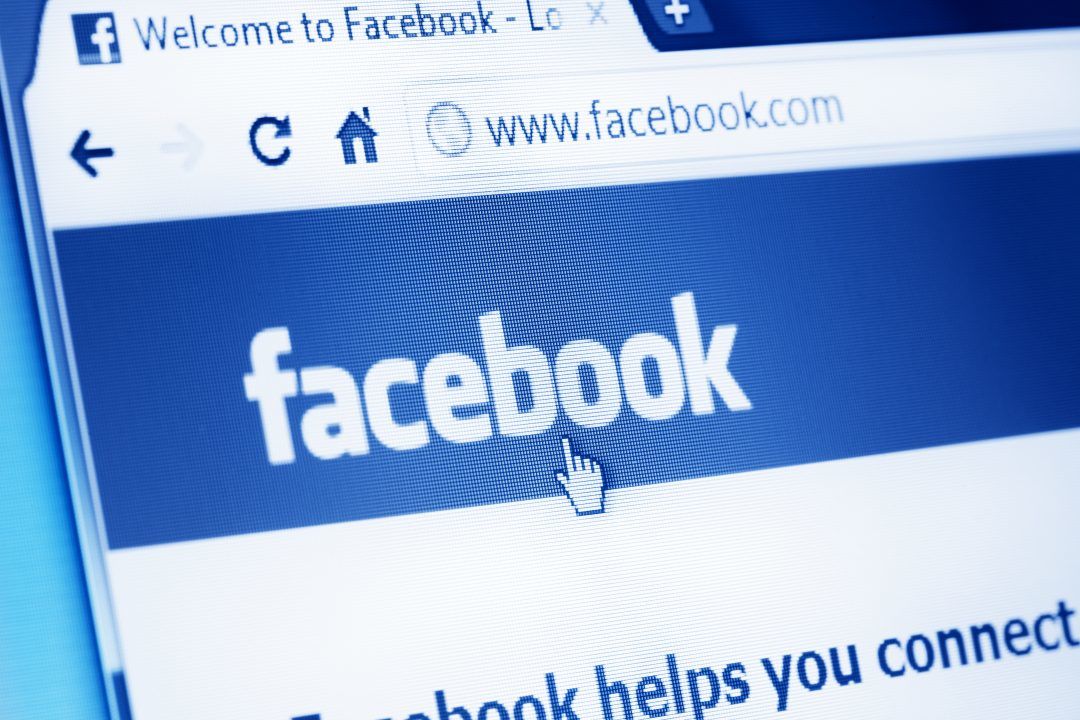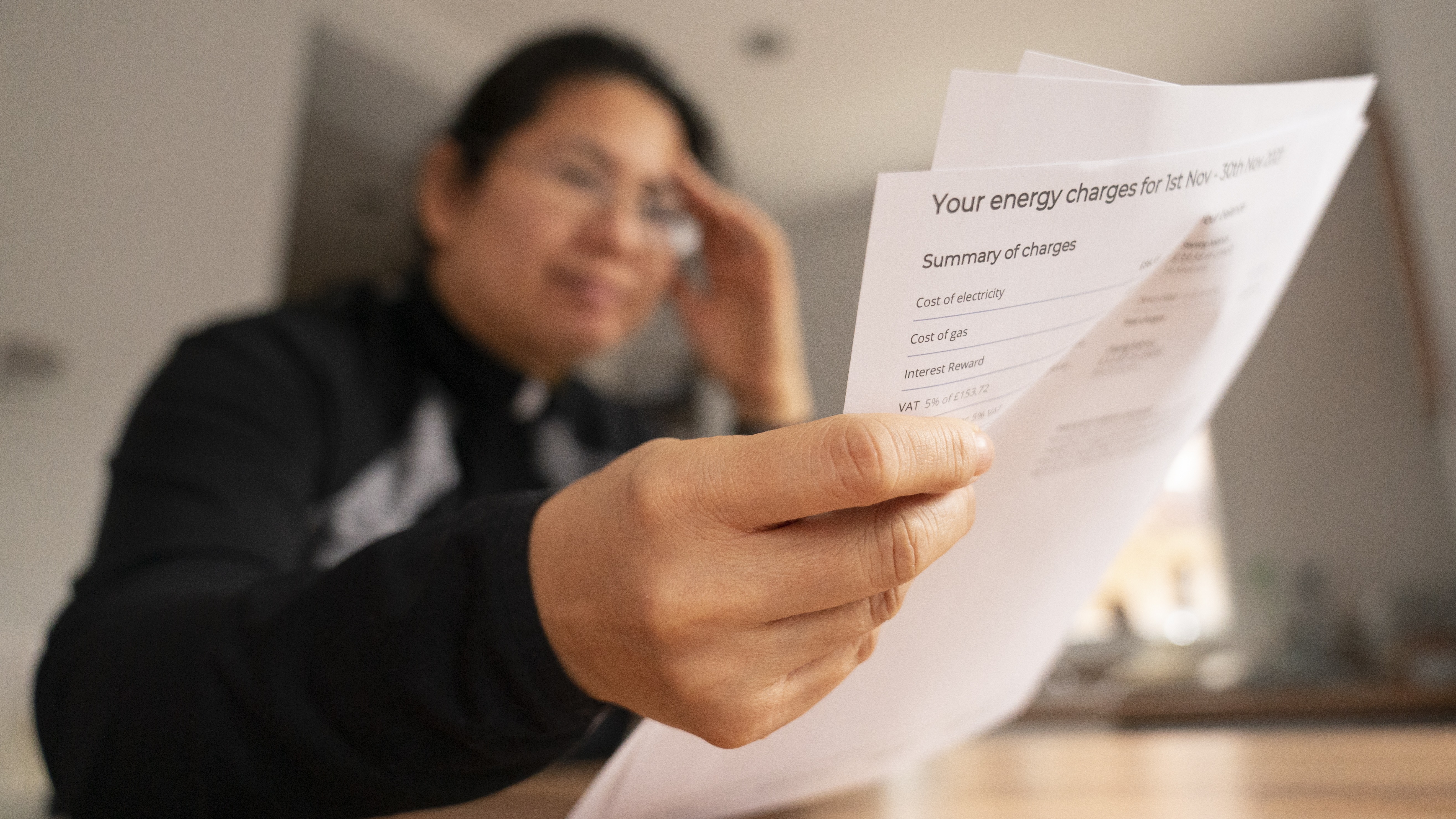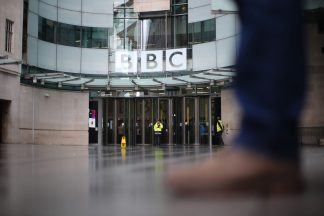Meta has begun its rollout of automatic encryption of all Facebook and Messenger chats, the company has announced.
Messages and calls protected by end-to-end-encryption (E2EE), which has been an option since 2016, can be read only by the sender and recipient.
Under the changes, Meta will no longer have access to the contents of what users send or receive, unless one user in a chat chooses to report a message to the company.
The new features will be available immediately but the company said it would take some time for end-to-end encryption to be rolled out to the more than one billion users on the platform.
Users will receive a prompt to set up a recovery method to restore their messages once the transition is completed.
However, critics, including UK police and government, have claimed the rollout will make it harder to detect child sexual abuse on the platform.
Loredana Crisan, head of Messenger, wrote in a post announcing the change: “The extra layer of security provided by end-to-end encryption means that the content of your messages and calls with friends and family are protected from the moment they leave your device to the moment they reach the receiver’s device.
“This means that nobody, including Meta, can see what’s sent or said, unless you choose to report a message to us.”
She added: “This is the biggest set of improvements to Messenger since it was first launched in 2011.
“I’m proud of what Messenger has become: a fast and reliable service, with enjoyable features and strong safety tools, and now with the added privacy and security of end-to-end encryption.”
Apps including iMessage, Signal and WhatsApp all already protect the privacy of messages with E2EE.
Simon Bailey, a former police chief constable who was national lead for child protection at the National Police Chiefs’ Council, accused Meta of a “complete loss of social and moral responsibility” over the plans.
John Carr, who is secretary of a coalition of UK children’s charities to deal with internet safety, called the move “utterly unconscionable”.
Their comments came after head of the National Crime Agency Graeme Biggar said introducing end-to-end encryption on Facebook would be like “consciously turning a blind eye to child abuse”.
Then home secretary Suella Braverman alleged that Facebook Messenger and Instagram direct messages were the platforms of choice for online paedophiles, telling the BBC that “we are arresting in this country about 800 perpetrators a month, we are safeguarding about 1,200 children a month from this evil crime”.
Meta said it had worked with outside experts, academics, advocates and governments to identify risks to “ensure that privacy and safety go hand-in-hand”.
It said: “When E2EE is default, we will also use a variety of tools, including artificial intelligence, subject to applicable law, to proactively detect accounts engaged in malicious patterns of behaviour instead of scanning private messages.”
The firm also announced that it would add a number of new features, including the ability to edit messages for up to 15 minutes after they have been sent.
It will also give users the ability to control if people who send messages receive “read receipts” telling them a message has been read.
Follow STV News on WhatsApp
Scan the QR code on your mobile device for all the latest news from around the country





























